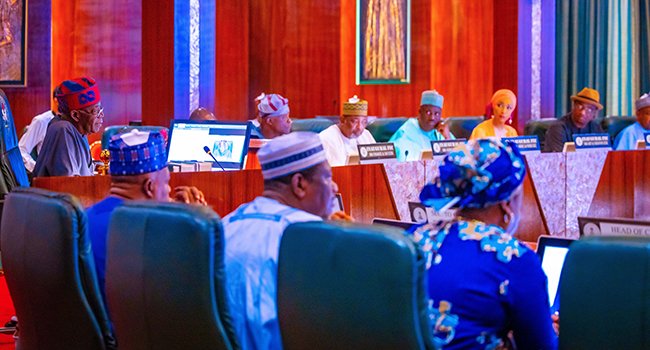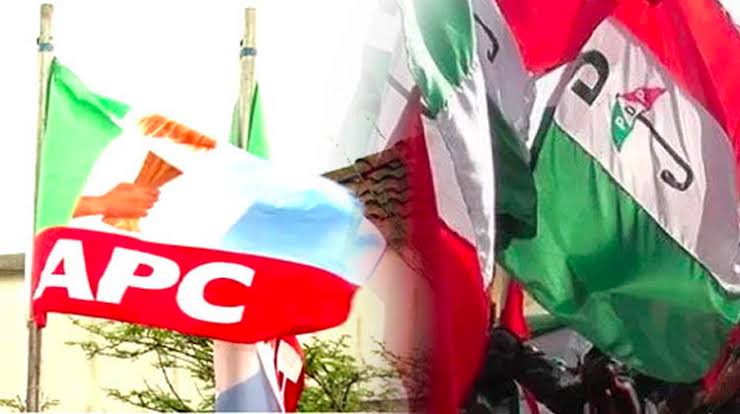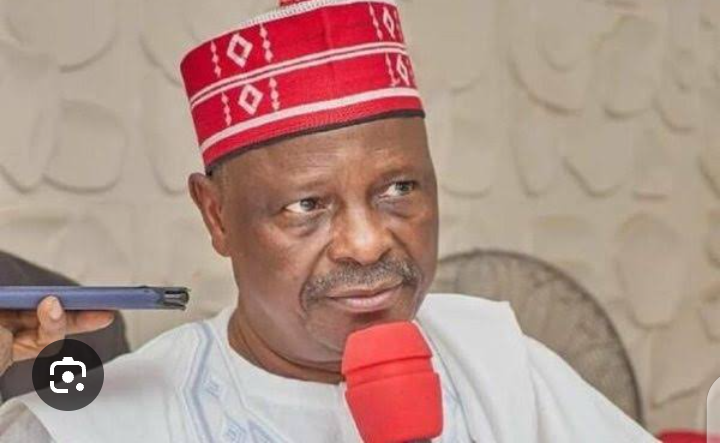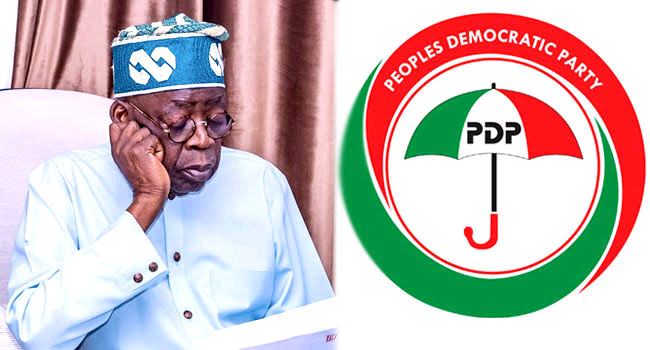The Federal Government has approved about 16 projects to addrerss concerns on major economic, infractrural and social challeges.
Specifically, during the Federal Executive Council (FEC) meeeting which was concluded on Monday, September 23, this administration approved a proactive measure to tackle the devastating floods affecting several parts of Nigeria. This approval, which was particularly targeted to the destruction of nearly 50% of Maiduguri in Borno State, had President Bola Ahmed Tinubu endorse proposal to establish a Disaster Relief Fund.
This fund, to be partly financed by the revenue accruing to the Federation account and supplemented by contributions from the private sector, aims to enhance the nation’s disaster response capabilities.
The Council also resolved to establish a technical committee to conduct integrity tests on the Alau Dam and other dams across the country to prevent future disasters.
In a bid to stabilize the Nigerian economy, the FEC approved the Economic Stabilization Bills, incorporating recommendations from the Presidential Committee on Tax and Fiscal Policy Reforms, which was established last year by President Tinubu.
These bills propose significant amendments to the income tax laws, promote the export of goods and services, and reform the exchange rate regime to unlock foreign exchange liquidity.
Key features include tax relief for companies that generate incremental employment and an increase in personal income relief for workers, raising the threshold from N200,000 to N400,000.
Additionally, the bills recommend federal and state collaboration to suspend certain taxes on small businesses and vulnerable populations, including road haulage levies and market taxes.
The Federal Executive Council has also greenlit 16 major infrastructure projects across various states, signifying a renewed commitment to improving Nigeria’s road networks and public infrastructure. Among the key approvals are:
A 3-lane carriageway with continuous reinforced concrete pavement as part of the 1000km superhighway from Illela, Sokoto State, to Badagry, Lagos State.
The Council approved a revised contract cost of N280 billion for this critical infrastructure, initially awarded in 2014, with an extended completion timeline of 12 months....Read Full Article [Click Here>]
The project’s scope was revised downward to a cost of N740.79 billion, with the addition of solar lights and a new completion period of 14 months.
A N158 billion contract was approved to construct service lanes from Lekki Deep Sea Port through Epe to the Shagamu-Benin Expressway, under the Federal Government’s Road Infrastructure Development Fund and Refurbishment Investment Tax Credit Scheme.
Approval was given for the repair of the bridge’s superstructure and surrounding roads at a cost of N42 billion, with a projected completion time of six months.
Covering Ebonyi, Abia, and Imo states, this project will be financed under the Federal Government Road Infrastructure Development and Refurbishment Investment Tax Credit Scheme.
Additionally, the Council approved various contracts to repair 14 bridges, roads, and flooded sections of federal highways across the country, demonstrating a comprehensive approach to addressing Nigeria’s infrastructural deficits.
FEC also focused on the Federal Capital Territory (FCT), approving contracts for the construction of judges’ quarters in Katampe and various road projects in FCT satellite towns, including Bwari Area Council and Gwagwalada.
Moreover, the Council approved the restoration and standardization of national symbols, such as the national flag and anthem.
It was decided that the first stanza of the National Anthem would be rendered at all official functions, while the third stanza would replace the current National Prayer during special occasions.
The unveiling of a national values charter was also approved, reflecting the government’s commitment to promoting national unity and integrity.





